After months of contentious hearings and a series of revisions, the Winter Park City Commission has approved Rollins’ faculty housing plan in a 4-1 vote. The initial plan was announced in January, seeking to provide affordable housing for faculty and staff in a community with a median income of over $500,000. This proposal included a 80,981-square-foot, 48-unit, 3-story building in the heart of the Hannibal Square community.
The initial proposal received backlash from the city and locals of the Hannibal Square neighborhood on several accounts. The 3-story, blocky buildings were in competition with the low-rise shops that populate the corner intersecting W. Welbourne Avenue, New England Avenue, and Virginia Avenue. Having such densely massed buildings was seen as unattractive by locals, and the height proposed was denied by the city. Concerns were also raised around the loss of street parking. Seven residents of the neighboring Douglas Grand Condominium community were in attendance at the June public hearing to represent their concern.
Of utmost worry was the proposition of the property being exempt from ad valorem taxes due to the college’s status as a non-profit institution. These property taxes contribute to funding schools, emergency services, watershed management, waste management, and other local services that benefit the community. Douglas Grand Condominium residents voiced the concern of the Winter Park community about having to pay more in taxes to support the use of these services by the new tax-exempt tenants.
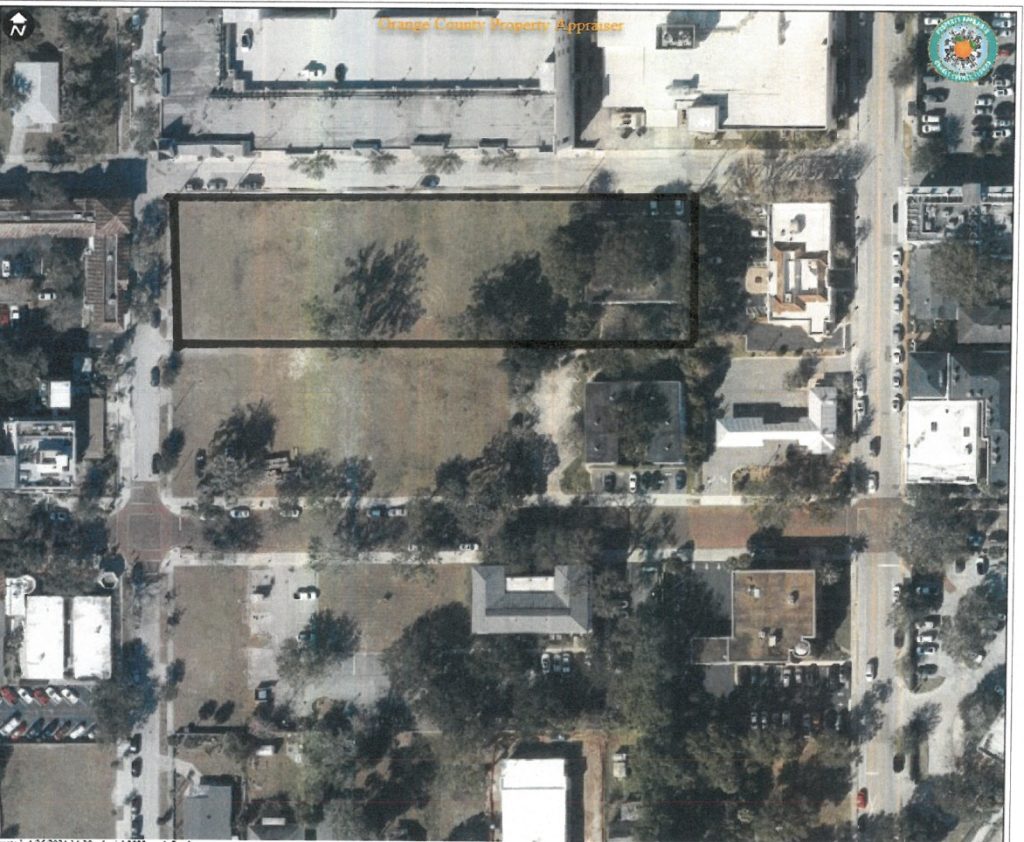
The new parameters to address these concerns were outlined by the City Commission and enforced by Rollins College in the Community Benefit Agreement proposed at the final hearing on August 28. To address the concerns of the unattractive initial design, the college contracted a new architect to create a layered 2- and 3-story building. The 80,981-square-foot building was downsized to 45,842 square feet, shrinking the units down from 48 to 30. This new design is inspired heavily by the Spanish-Mediterranean architecture found on Rollins’ campus. Further requests by the Douglas Grand Condominium residents to add real or etched stone to enhance this style were denied by the college.

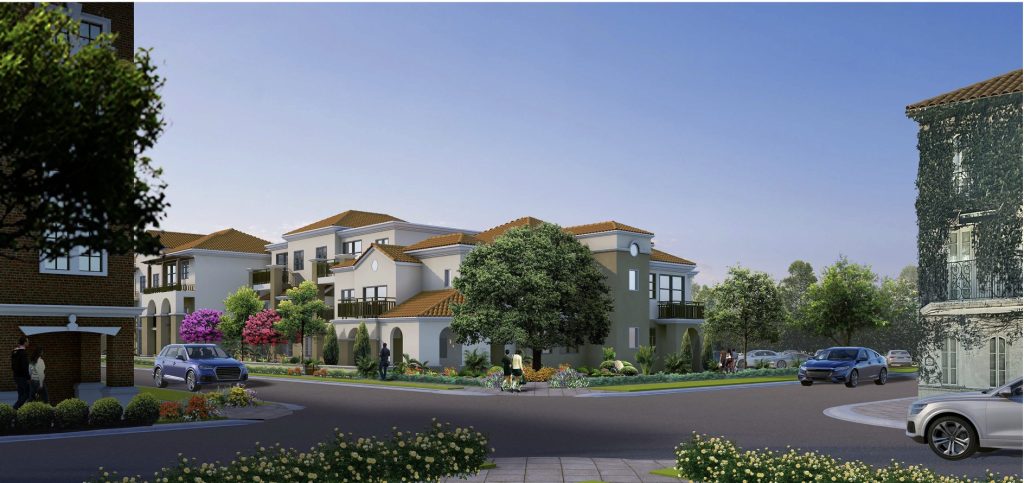
The Planning and Zoning board approved the Site Plan Option #2, which featured 58 residential parking spaces. While traditionally there is a requirement of 2.5 parking spaces per unit, the city approved Rollins’ proposal for a special permit with the addition of a 5-foot easement for street parking. The plan additionally features a pocket park which can be modified into more parking if necessary.
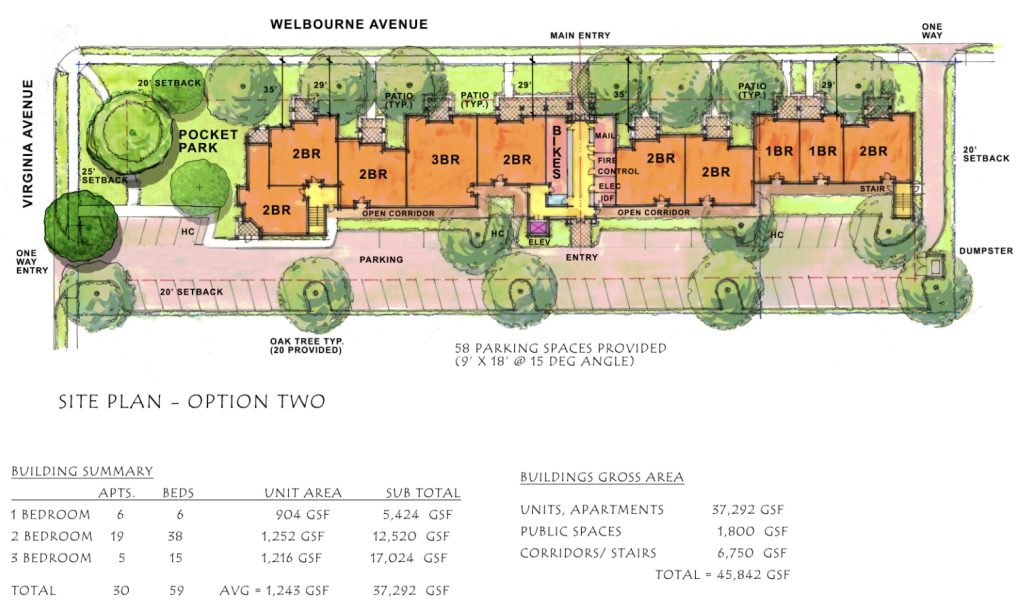
Rollins College has insisted on their desire to comply with the requests of the City Commission. President Grant Cornwell led his first remarks, stating, “I think everyone understands the way—the motive of this project for Rollins College.”
The goal of making affordable housing for Rollins faculty and staff was a priority emphasized by President Cornwell throughout his willingness to agree to the “PILOT” program. The Payment in Lieu of Taxes program is an agreement to pay the government a sum comparable to what they would have paid through property taxes.
“This is new for Rollins,” said President Cornwell as he addressed the Commision. “I think it might be new for Winter Park, and I can tell you I’ve had other CEOs of Winter Park’s non-profits call me and ask me what we’re considering doing and why, and they’re concerned about it.”
Despite this concern of the precedents that could be set by this agreement, the President has remained committed to working with the City of Winter Park to ensure the greatest benefit to the community. Commissioner Craig Russell thanked the willingness of Rollins to pay a value of 50 percent of the city’s millage, a tax rate defined as the amount of dollars assessed for every $1,000 of a property’s value. This payment, along with the agreement to disclose leases to prove costs remained 10 percent below the median market value, were the final selling points for Commissioner Marty Sullivan to approve. The sole dissenter was Commissioner Todd Weaver with his disapproval of the choice for the storm water to drain to the retention pond behind the Winter Park Ninth Grade Center.
When asked if other local public colleges had attempted to provide such housing for their faculty, President Cornwell insisted, “One of the things that I am proud of is that we are trying to make an intervention here that is not normal.” He emphasized the college’s goal to support younger professionals for whom Winter Park’s housing is unaffordable.
The new housing approval will be able to welcome an additional 30 faculty and staff members and bring more affordable housing opportunities within walking distance from campus. This will extend the housing past the current Orchid and Mead Garden Townhome Community and mark a precedent in efforts to address the housing crisis in academia.


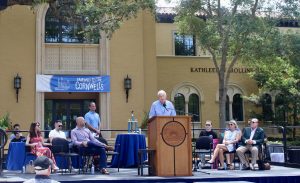


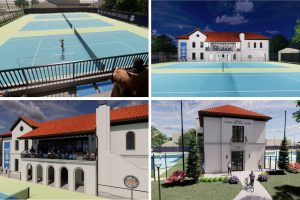
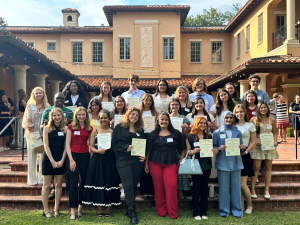
[…] the initial approval of plans for Rollins College’s faculty housing in August, there have been steps taken toward the end goal of establishing the housing units. Now, […]